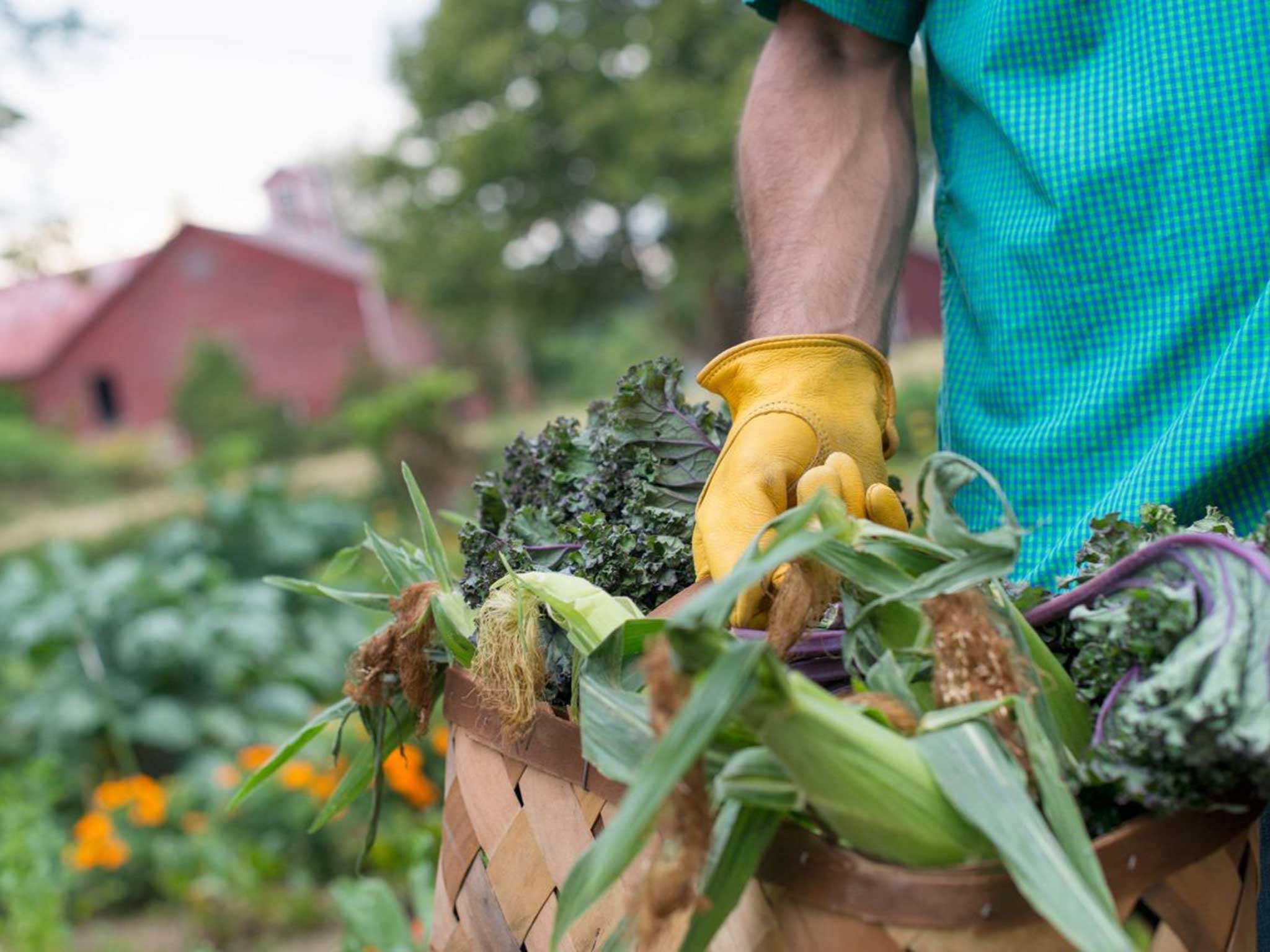Gardeners lose the plot as summer weather leads to mildew attack
Alert from Royal Horticultural Society over disease which could damage or kill fruit and veg

Your support helps us to tell the story
From reproductive rights to climate change to Big Tech, The Independent is on the ground when the story is developing. Whether it's investigating the financials of Elon Musk's pro-Trump PAC or producing our latest documentary, 'The A Word', which shines a light on the American women fighting for reproductive rights, we know how important it is to parse out the facts from the messaging.
At such a critical moment in US history, we need reporters on the ground. Your donation allows us to keep sending journalists to speak to both sides of the story.
The Independent is trusted by Americans across the entire political spectrum. And unlike many other quality news outlets, we choose not to lock Americans out of our reporting and analysis with paywalls. We believe quality journalism should be available to everyone, paid for by those who can afford it.
Your support makes all the difference.Gardeners are being warned to be extra vigilant after the summer weather created a boom in powdery mildews that destroy fruit and vegetables.
The fungal disease kills and maims apples, blackcurrants, gooseberries, grapes, courgettes, marrows, cucumbers, peas, roses, honeysuckle, rhododendrons and azaleas. It also causes problems for farmers because it attacks sugar beet and barley.
“This is a bumper year for powdery mildews – we’ve had a dry summer, with a bit of wetness and then dry again,” said Guy Barter of the Royal Horticultural Society.
“These can kill but usually debilitate and weaken the plants. In vegetables this can reduce the size and total amount of produce and in fruit it kills off some of the shoots and can damage the plants.”
There have already been widespread cases of mildew in gardens and allotments but these are likely to increase as the mildew season peaks around now, said Mr Barter. And Britain’s forests are also suffering. “The warm wet summer seems to have produced a really prolific yield of oak mildew in the past month to six weeks,” said National Trust wildlife expert Matthew Oates.
Gardeners should spring into action at the first sign of white mildew on the leaves, stems, flowers or fruit of a plant, Mr Barter advises.
There are no approved fungicides for gardeners to use on vegetables although there are for fruit and flowers, but it is best to ask at the local garden centre to identify the most suitable, experts advise.
There are approved fungicides for farm crops and farmers typically spray at “first sight”, so the main problem posed to mainstream agriculture by mildew is the high cost of the chemicals – although organic farmers suffer along with gardeners.
Gardeners can take steps to minimise the risk of attracting powdery mildew and slowing its spread.
Watering the plants regularly makes them stronger and so builds up their resistance to disease of all kinds. Removing infected leaves helps slow the spread, while gardeners should also avoid using too much nitrogen fertiliser because this promotes the soft leafy growth on which garden pests thrive.
Gardeners should also look to thin out growth where possible to increase the airflow or to plant further apart.
Join our commenting forum
Join thought-provoking conversations, follow other Independent readers and see their replies
Comments